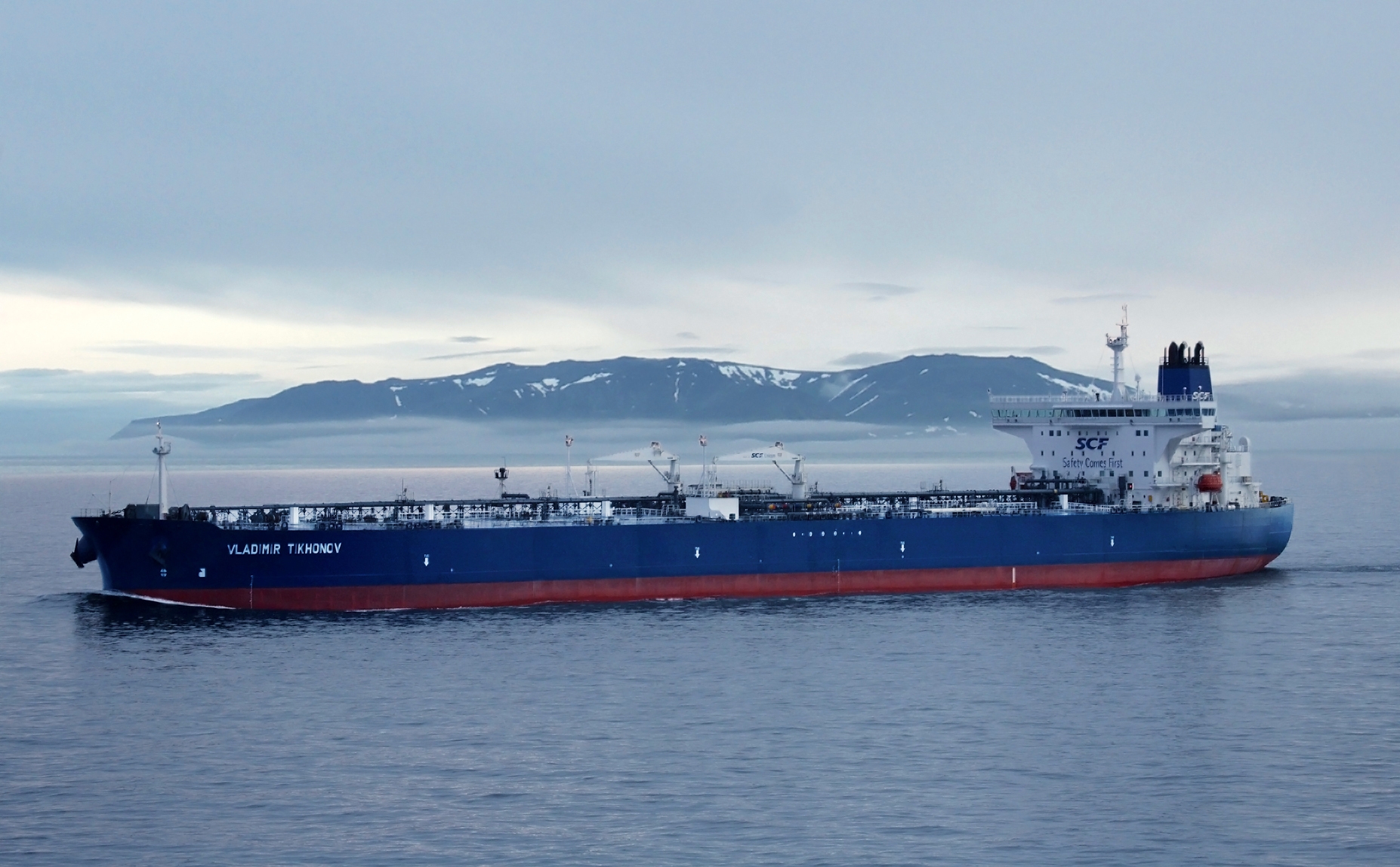
Moscow Sees Northern Sea Route Vitiating Great Silk Road
Publication: Eurasia Daily Monitor Volume: 11 Issue: 8
By:

When the Soviet Union disintegrated, many in Europe and the United States talked about building an updated version of the Great Silk Road to link China with Europe via the countries of Central Asia and the Caucasus and to help redirect the focus of these regions away from Moscow and toward the West. A great deal has been done to realize that project involving highways, railways, and pipelines (see “Central Asia, Afghanistan and the New Silk Road: Political, Economic and Security Challenges,” The Jamestown Foundation, November 14, 2011). But even as those have gone forward, another link between Europe and Asia has opened up: the Northern Sea Route. And Russian experts now believe that it, rather than any Great Silk Road development, not only will play the predominant role in East-West trade but also give the Russian Federation enormous influence over that exchange.
Russia has a long history of navigating the Arctic Sea north of its landmass, but until relatively recently, it used that route almost exclusively to supply population points along the coast and to take out natural resources for use elsewhere. In recent decades that has changed as a result of global warming, which has led to the retreat of the Arctic ice cover and of the revolution in shipping, as well as due to the use of the inter-modal container, which has made sending goods by sea far cheaper than any other means (https://www.arctic.gov/publications/related/AMSA/scenarios.pdf). Those two trends were especially evident during the 1990s when, as a result of the collapse of the Soviet Union, Russia and its northern fleet were in disarray. This situation opened the way for more international involvement in the Arctic and allowed many to assume that the Great Silk Road would long remain the most efficient path between China and Europe.
But today, Aleksandr Pronin says in an analysis on the Stoletie.ru portal, Russia is moving to recover its position in the Arctic and especially along the Northern Sea Route. Part of the reason for this has to do with Russia’s interest in developing the natural resources of the Arctic itself, including gas and oil, but part of it has to do with Moscow’s interest in countering the geopolitical consequences of an unchallenged Great Silk Road project (stoletie.ru/rossiya_i_mir/morskoj_fasad_rossii_729.htm).
After the collapse of the Soviet Union, Pronin argues, the Northern Sea Route became much more important to Russia because “the majority of the major sea ports in the European part of the former Soviet Union were now the property of Ukraine, Georgia and the Baltic countries.” Moreover, rail traffic from Russia to Europe had to pass through newly independent states. Only by sea could Russia have unimpeded commerce with western countries.
Unfortunately, instead of protecting Russia’s interest in this regard, Mikhail Gorbachev, the first and last president of the Union of Soviet Socialist Republics (USSR), in 1987 said that from now on, “the Northern Sea Route [should be] completely open to international shipping.” Russian President Boris Yeltsin continued what Pronin describes as that “disastrous” policy—one whose impact was exacerbated by the virtual collapse of the Russian northern merchant fleet. By the late 1990s, there was less Russian shipping along the Arctic coast than there had been Soviet shipping in the early 1930s. Surveying this situation at the time, the head of the Russian State Committee for the North said that “the restoration of the Northern Sea Route has the greatest possible significance for Russia, but the Russian Federation is not in a position to support this path” (stoletie.ru/rossiya_i_mir/morskoj_fasad_rossii_729.htm).
Few in Moscow at that time appeared to notice what was going on—even as people along the northern Russian coast suffered, the export by ship of raw materials from the Russian North declined, and other countries moved in to try to take advantage. The decline of Russian shipping had another serious consequence, Pronin says: Without shipping, there was no fuel for Russian planes, and as a result, Russia’s domestic air service in the Far North effectively collapsed.
All this was having the most negative consequences for Russia’s geopolitical position, especially given the influx of non-Russian-flag vessels, the Moscow analyst continues. But happily things have begun to turn around. Defense Minister Sergei Shoigu’s latest moves, including increasing the tonnage of Russia’s Arctic fleet, the restoration of military air bases in the North, the creation of special Arctic brigades in the armed forces and the positioning of men and materiel on Arctic islands and on board ships (see EDM, December 16, 2013), all give reason for hope, Pronin contends.
But the most important step, Pronin says, is the formulation of a still-secret concept paper on Russia’s national interests in the Arctic. That paper, he suggests, will make it clear that the defense of Russia’s interests in the northern ocean is about more than security and access to resources there: it is very much about countering the possible but likely declining importance of the Great Silk Road project in which the West has invested so much hope.




